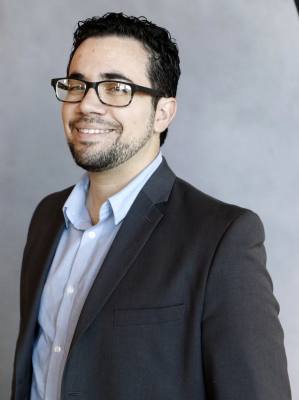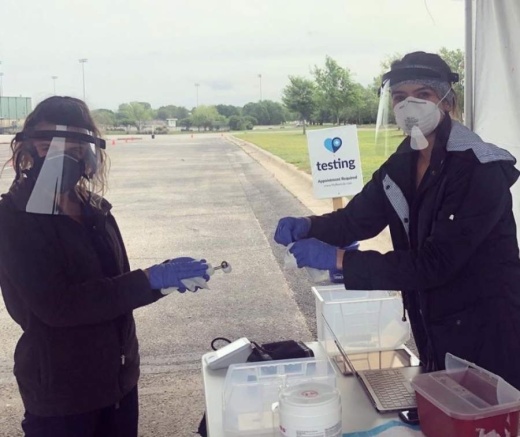Remedy CEO Jeremy Gabrysch said he believes the clinic can support 200 tests a day and that he hopes individuals in the community continue to get tested while some restrictions are being lifted across the state.
“I’m encouraging people to take any, even the mildest, symptoms seriously and both to get tested and to isolate themselves,” Gabrysch said. “The restrictions have been relaxed, people are going back to work, they are returning to normal activities in some way, and we are already seeing increased cases. We really strongly advise people to get tested if they have symptoms because that's the way—by quickly identifying folks and isolating them—we're going to keep control of this thing.”
Remedy began in Austin as a health care provider that offered house-call urgent care services and has since grown to include telemedicine options and a walk-in clinic. With virtual and mobile health visits as primary functions, Gabrysch said, adding the drive-thru services was a smooth transition.
"Seeing folks in person is really in line with our scope, especially outside of the four walls of a traditional clinic," he said. "We're pretty used to that."
The drive-thru testing clinic does not take walk-in customers, and all appointments must be made in advanced through the company’s website, www.myremedy.com. Interested individuals can set up a virtual appointment with a Remedy provider, who can then direct an individual to the clinic or other resources based on symptoms and needs.
The South Austin Remedy location is open from 8 a.m.-8 p.m. in the Toney Burger Activity Center parking lot, 3200 Jones Road, Sunset Valley. Gabrysch said the rate of positive tests administered at the clinic has been consistent with rates reported by Travis County health officials in recent weeks. Antibody tests are also now available.
Remedy has additional drive-thru testing clinics in the Dallas-Fort Worth area and Houston and will be expanding to open one in San Antonio by the end of this week.
“There's been a really high demand for testing,” he said. “Testing is one of those things that was very limited early on, so unfortunately, because all of us on the front lines had to ration tests, we were kind of having to turn away people. Now, testing is much more available, so we can almost test anybody who has symptoms or who wants to be tested.”





